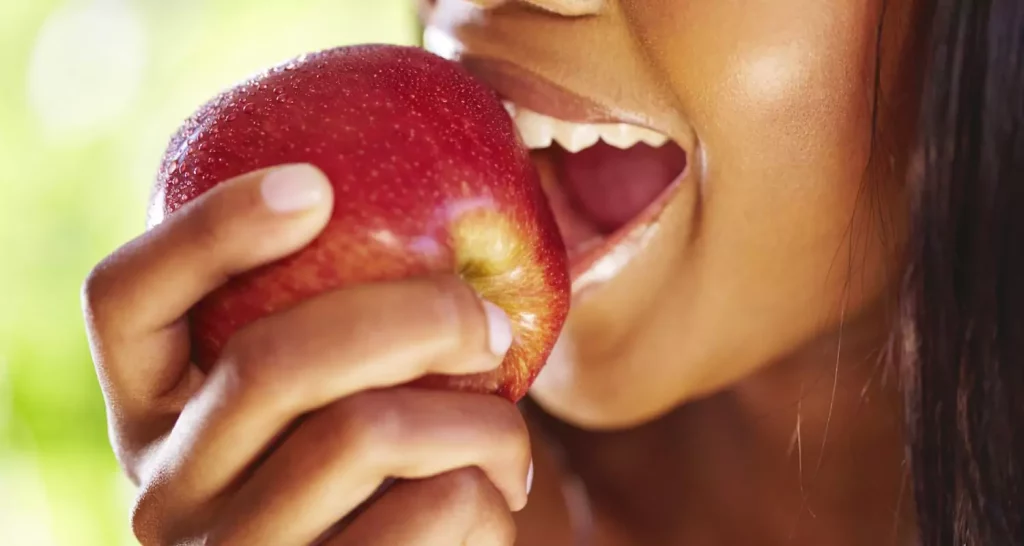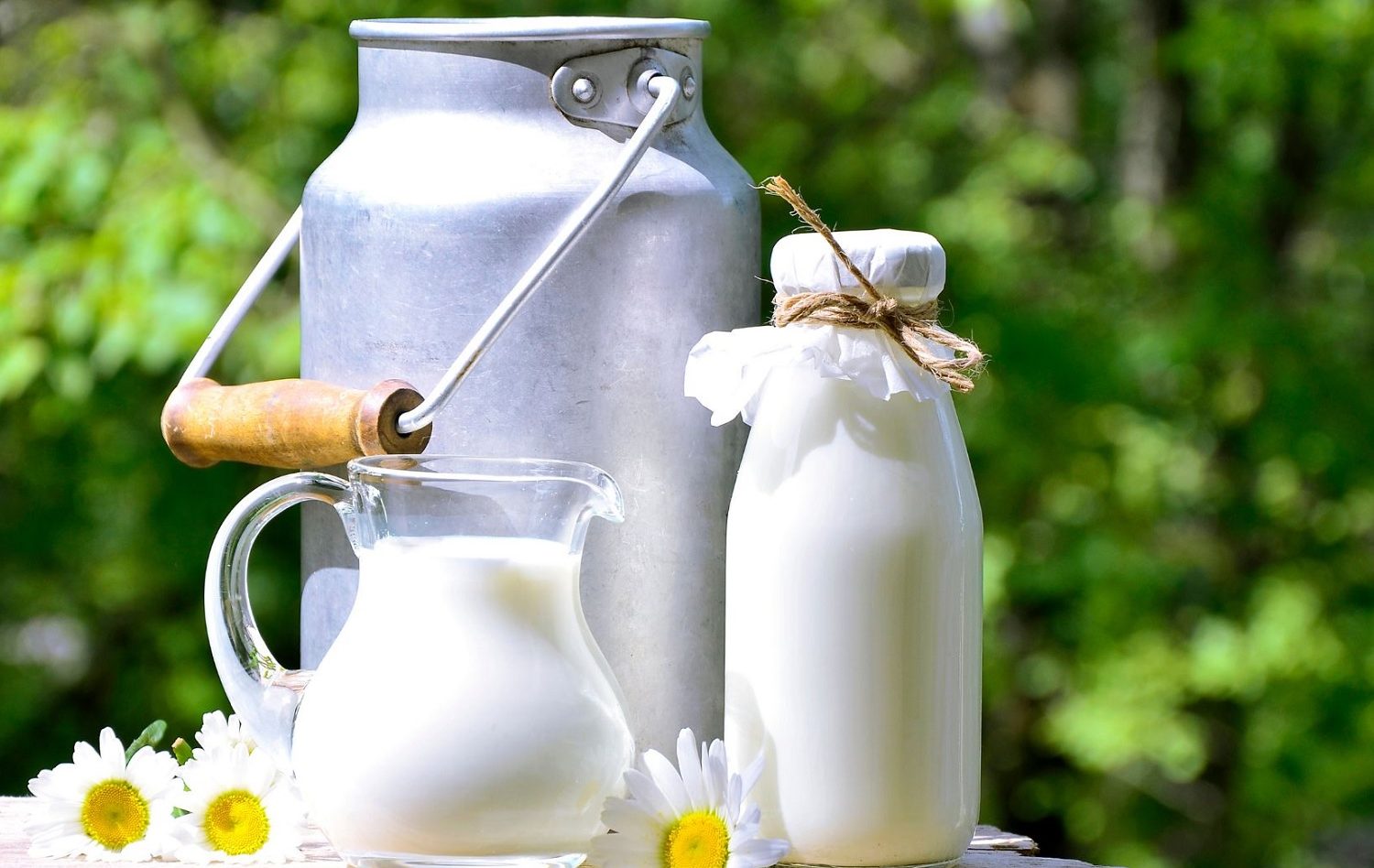Last Updated on: 4th December 2024, 04:56 pm
A healthy diet is necessary not only for general good health but also for a beautiful and healthy smile. It is often believed that it is enough to go to the dentist regularly and maintain good oral hygiene, but eating habits are also a key element for maintaining good dental condition. We will review the best and worst foods for your teeth that benefit your dental health and those that harm and deteriorate it.
The worst foods for your teeth
1. Foods that increase the risk of cavities
When people eat starchy or sugary foods, they are not only feeding themselves, but they are also feeding the bacteria that cause cavities. Once these microorganisms come into contact with sugars, they degrade them until they become acids. If these acids remain on the teeth, they break down the tooth enamel; when this happens repeatedly, they can cause holes in the teeth, known as caries dental.
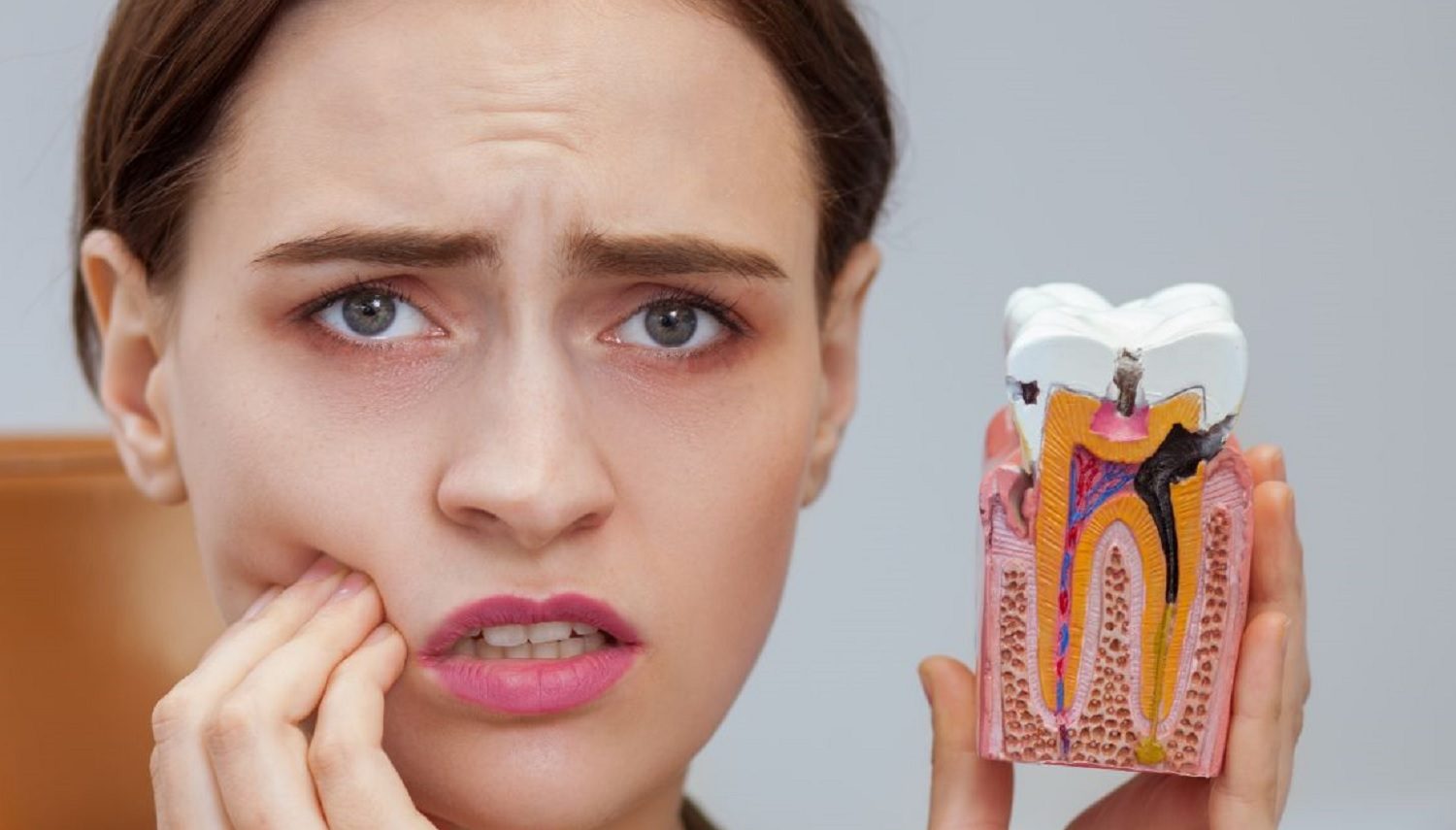
The foods that could generate dental caries are:
-
- Desserts
- Sweets
- Sweet and salty cookies
- Alcohol
- Soft drinks
- Sugary drinks
- Bread and flour
Remember that thanks to the action of saliva, flour is turned into sugar, causing cavities. Additionally, it is important to know that some sweets and candy are worse than others, so stay away from sweets overall:
-
- Especially those that remain in the mouth for a long time, like lollipops
- Those that are soft and sticky, could stick to the tooth for a long time.
- Those are acidic or sour because they can also wear down tooth enamel.
- Very hard items because they could also fracture your teeth when biting down on them.
2. Foods that decrease salivation
Optimum salivary flow cleans dental surfaces and protects teeth from decay by regulating the pH of the mouth. It also lubricates and protects the mucosa from lacerations, as well as promoting good digestion. Decreased salivary flow has been associated with an increased risk of developing cavities and gum disease. To avoid a decrease in saliva production, avoid excessive consumption of:
-
- Alcohol
- Coffee
- Energizers
- Sports drinks and other caffeinated beverages
3. Foods that erode tooth enamel
Consuming citrus fruits and juices high in vitamin C is beneficial for general health, but exceeding normal intake can cause erosion of tooth enamel. If you want to consume them, you can do so sparingly and rinse afterward with water. Avoid brushing your teeth immediately after consuming acidic foods, as this could further wear down the tooth structure. Wait at least 30 minutes after consuming these foods to perform your routine dental hygiene. Foods that could cause dental erosion are:
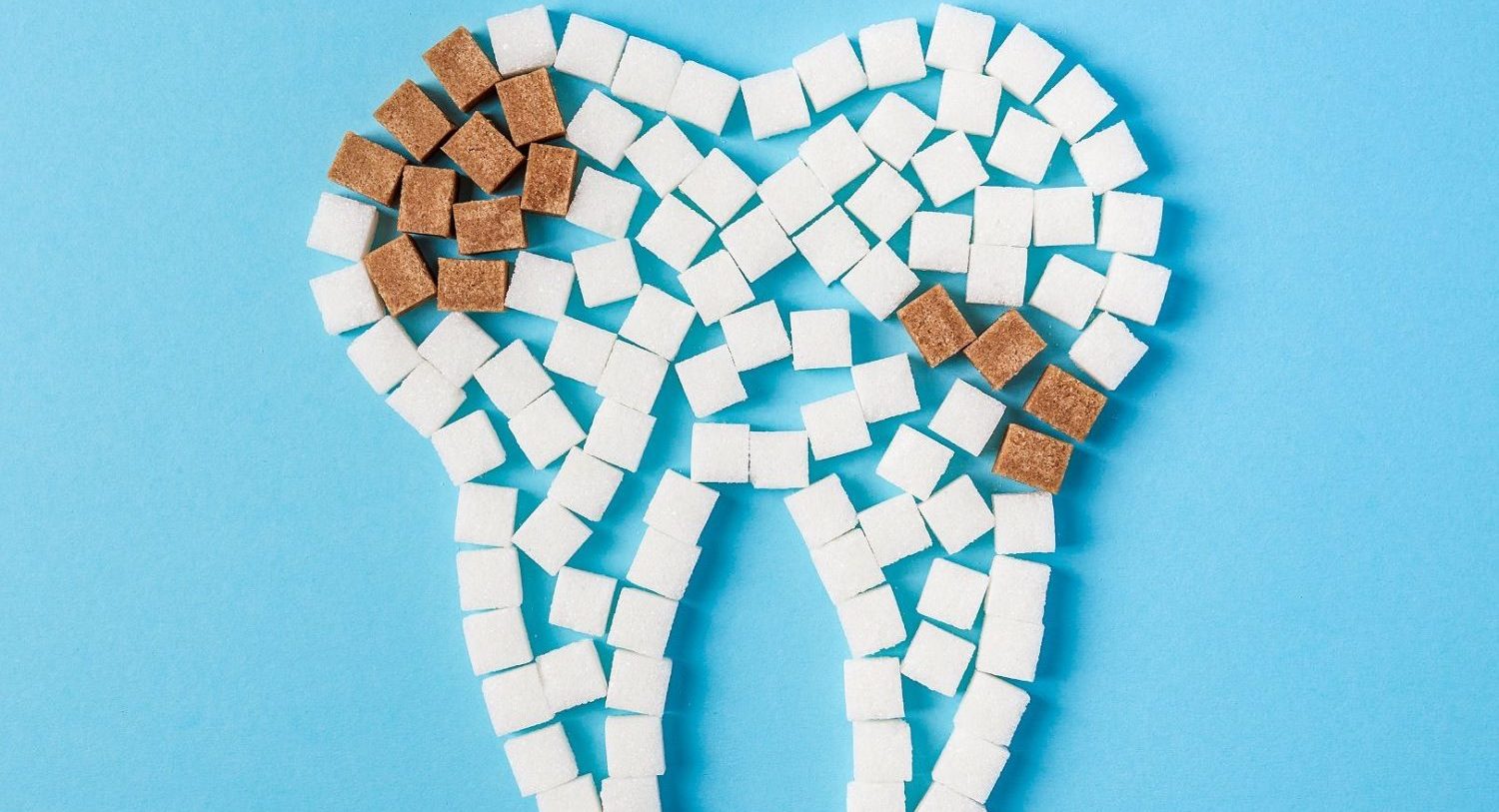
- Acid fruits and drinks
- Carbonated drinks (fizzy)
- Wine
- Vinegar and foods preserved in this substance
- Pasta sauces
4. Foods that stain teeth
Certain foods and drinks contain pigments that can dull the whiteness of your teeth. These pigments adhere more easily to dental plaque, so poor hygiene added to the high consumption of these foods can easily result in stained teeth. If food or drinks erode the teeth, the stains can be severe. Foods that stain teeth include:
- Coffee
- Black tea
- Dark sodas
- Red wine
- Energy drinks
- Brightly colored fruits and vegetables
- Soy sauce
If these foods are to be consumed, it is important to do so in moderation; drink plenty of water and brush your teeth before eating them to reduce the amount of plaque on the dental surface and mitigate the appearance of stains. bear in mind that although dental whitening exists, teeth are usually more susceptible to staining again if consumption is not reduced and hygiene habits are improved.
5. Foods that could fracture teeth
Tooth enamel is the hardest tissue in the body. However, during chewing they are subjected to such strong pressures that they could fracture, especially teeth with large dental restorations or root canal treatments. It is advisable to avoid foods that are too hard or brittle, as this could cause a dental fracture and a dental emergency.
The best food for your teeth
A nutritious and balanced diet promotes healthy teeth and gums. Maintaining a balanced diet of fruits, vegetables, protein-rich foods, calcium-rich foods, and whole grains helps to maintain a healthy smile and a healthy body.

1. Foods that help the formation and strengthening of teeth
Some foods are a source of minerals such as calcium and phosphorus, which maintain strong and healthy teeth.
-
- Milk and its derivatives, such as cheese and yogurt
- Vegetables rich in calcium, such as spinach, chard, or broccoli
- Almonds
- Walnuts
2. Foods that stimulate salivation
As mentioned, proper saliva production is beneficial for oral health. Some foods that stimulate its production are:
-
- Water: Drinking water helps wash away food particles and keeps the saliva level up.
- Sugar-free gum: Sugar-free gum helps clean teeth by stimulating saliva production; also, many gums are sweetened with xylitol, a type of alcohol that reduces bacteria. However, it is recommended not to abuse its consumption. We suggest you evaluate this possibility with your dentist.
- Queso: In addition to being low in sugar, it contains casein, a particularly useful protein for strengthening tooth enamel. Due to its texture, it stimulates the production of saliva when chewing it, which helps to sweep bacteria from the mouth.
- Foods that require a lot of chewing: Among them are nuts and crunchy vegetables, which also provide important nutrients for the body.
- Crunchy vegetables: Crunchy vegetables require more chewing, which stimulates salivation.
3. Foods that help clean teeth
Crunchy, high-fiber vegetables, such as carrots, celery, or radish, when bitten, clean the tooth surface, sweeping away plaque and bacteria, and preventing tooth decay and gum disease.


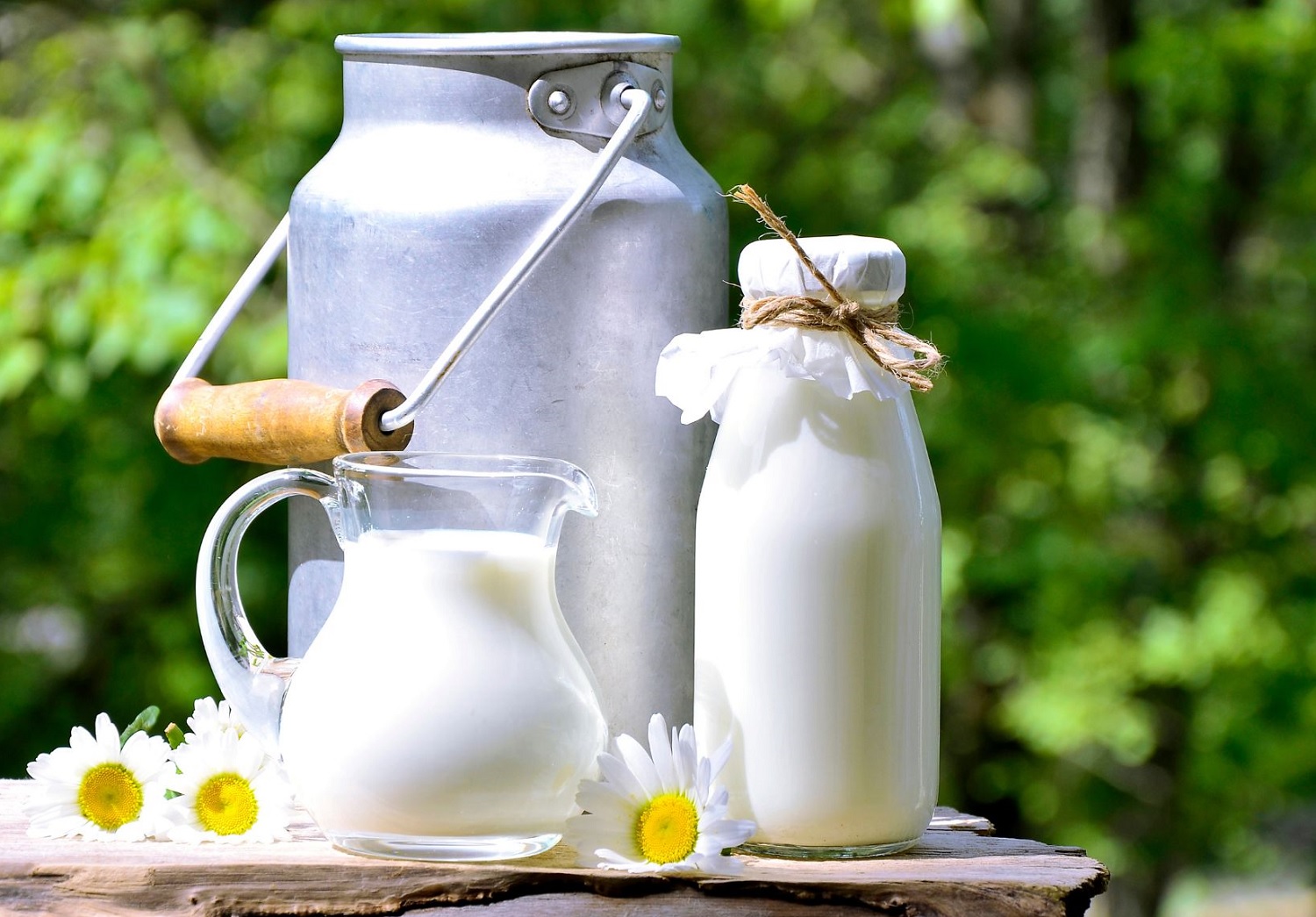
Other recommendations for the best and worst foods for your teeth
Achieving and maintaining optimal dental health requires commitment, but the benefits significantly extend to your overall well-being. Along with regular brushing, flossing, and dental checkups, making conscious decisions about your dietary choices can profoundly improve your oral health. The American Dental Association (ADA) offers the following recommendations to minimize the risk of cavities associated with eating habits

-
- Eat sugary foods along with meals: Eating sugary foods when your mouth is generating saliva, especially during meals, mitigates the impact of acid production and makes it easier to remove food particles from your mouth.
- Limit snacks between meals: If you have a predilection for snacking between meals, opt for nutritious alternatives. Next, consider chewing sugarless gum to encourage saliva production and cleanse your mouth of food particles and acids.
- Increase water intake: Fluoridated water plays a critical role in preventing tooth decay. When you choose bottled water, make sure the label indicates the fluoride content.
Conclusion
Brushing and flossing twice a day is still essential to keeping your teeth clean and strong. In addition to this regimen, it is advisable to avoid sour fruits, sticky candies, and soft drinks. Incorporating high-fiber foods and plenty of water into your diet will further contribute to promoting excellent dental health. If you have any questions or concerns about optimal dental care, please do not hesitate to consult your dentist or healthcare professional.
Frequently Asked Questions
Foods rich in calcium and other essential nutrients such as low-fat cheese, fat-free or low-fat milk, plain yogurt, and leafy greens can supply the necessary nutrients for maintaining strong teeth. Additionally, protein-rich foods like eggs, fish, meat, and poultry can contribute to safeguarding tooth enamel and enhancing bone density.
Airy items like milk, yogurt, and cheese are abundant in Vitamin D, contributing to bone strength. Other recommended foods are.
- Salmon or tuna
- Green tea
- Strawberries
- Celery
- Water
- Seeds and nuts
- Broccoli
Calcium plays a significant role in enhancing the strength of both bones and teeth. While milk, cheese, and other dairy products offer ample sources of calcium, individuals with lactose intolerance can opt for soy milk as a suitable alternative. Additionally, sesame seeds are a rich source of calcium.
Fluoride steps in to replenish depleted tooth minerals and generates new ones that exhibit even greater resistance to decay. These fresh tooth minerals may be thought of as being more robust as compared to their predecessors. The mineral known as fluorapatite, which forms due to fluoride, excels in its ability to withstand the acidic effects of bacteria from sugar consumption, surpassing the durability of natural bone minerals.
Contact us
If you have any questions about the best and worst foods for your teeth or other topics, you can contact us at Channel Islands Family Dental as well as our page on Facebook. We look forward to your visit and we will make a timely diagnosis. Our dentists in Oxnard, Santa Paula, Ventura, Newbury Park, and Port Hueneme will be able to guide you toward the best treatment to take care of your health and give you back your best smile.
Bibliography
- Feintuch, S. (May 4, 2015).The 8 worst foods for your teeth. Healthline. Retrieved from: https://www.healthline.com/health/dental-and-oral-health/worst-foods-for-your-teeth
- Foods that stain teeth: 9 tooth-staining foods and drinks. (Dec 11, 2020). Healthline. Retrieved from: https://www.healthline.com/health/foods-that-stain-teeth
- Gardner, A. (Sep 23, 2019). 4 foods to eat and 9 foods to avoid for healthy teeth. Health. Retrieved from: https://www.health.com/condition/oral-health/best-and-worst-foods-for-your-teeth
- The best foods for A healthy smile and whole body. (July 17, 2018). Uic.edu. Retrieved from: https://dentistry.uic.edu/news-stories/the-best-foods-for-a-healthy-smile-and-whole-body/
- Tooth discoloration: Foods that stain your teeth. (May 24, 2021). WebMD. Retrieved from: https://www.webmd.com/oral-health/ss/slideshow-foods-stain-teeth



